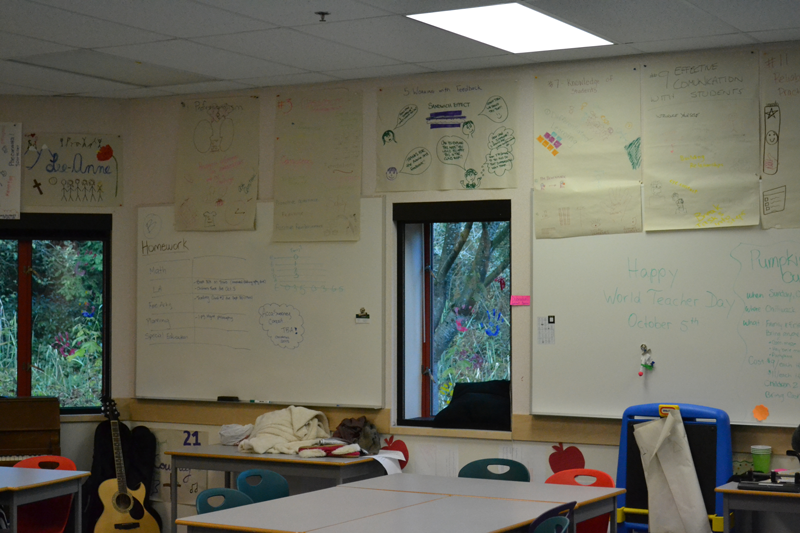By Ashley Mussbacher (The Cascade) – Email
Print Edition: October 9, 2013

Students interested in teaching at the secondary school level won’t need to look any further than UFV after July 2014.
The teacher education program (TEP) will soon offer a secondary school certificate in addition to the elementary school one.
To enter TEP the student must complete a bachelor’s degree with a teachable major and/or minor.
According to UFV’s website, the secondary school option will ensure that students “take 14 of the same courses as the elementary program, as well as 12 new courses,” which will focus on education methods for a high school atmosphere. These courses will also depend on which subject branch the student is interested in teaching. There are two major pathways: math/science and humanities.
Awneet Sivia, UFV teacher education department head, explains the reasoning behind the specialized courses in UFV’s news blog UFV Today.
“The specialized secondary program courses are designed to foster a deep understanding of the content and pedagogies that maximize student learning,” she says. “We want our students … to examine how knowledge … can be transformed into rich and engaging learning experiences at the secondary level.”
The secondary certificate will also prepare students for more than basic classroom education.
“Students will also be able to take a course in online instructional methods to prepare them for 21st century classrooms and a special topics course focusing on secondary specialties such as physical education, French, fine arts, or drama,” UFV media and communications coordinator Anne Russell explains.
Students will need to have volunteer experience before they apply for the program. The experience should come from a classroom environment within the same discipline. For instance, if a prospective TEP student wants to teach biology, he or she should seek a volunteer position working in a biology classroom.
According to makeafuture.ca, a website aiming to help potential educators find work in BC, non-teaching support staff are needed. Some of these positions are paid, but many of them are volunteer opportunities.
The program will run Monday through Friday from 9 a.m. to 4 p.m. over the course of 12 months. During this time students complete several unpaid practicums in classrooms. Sivia explains that the program is designed to give future educators real workplace knowledge and room to grow.
“Our program really instills confidence in students, and equips them to work within the system while inspiring change from within,” Sivia says, quoted in UFV Today. “They develop a professional identity and set of competencies through the program that help them to work effectively within their profession while enabling it to change, grow, and adapt to the demands of the 21st century.”


